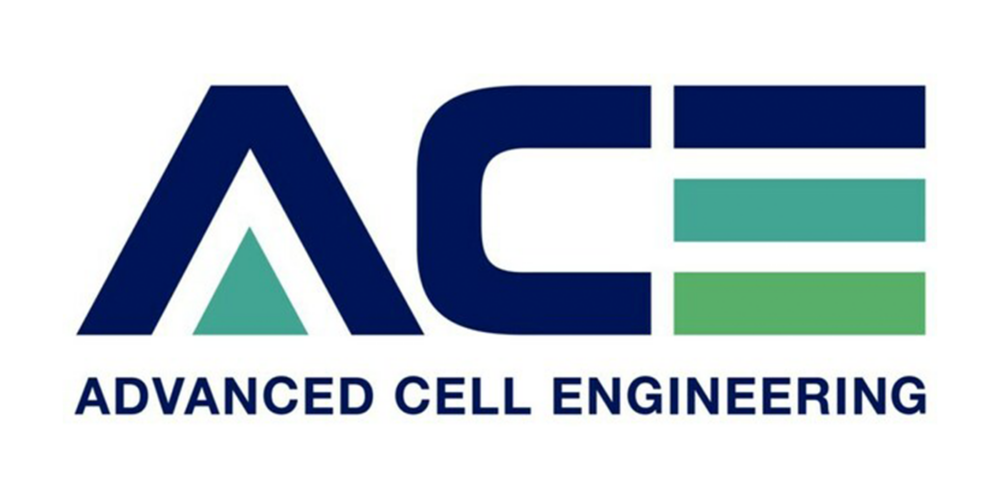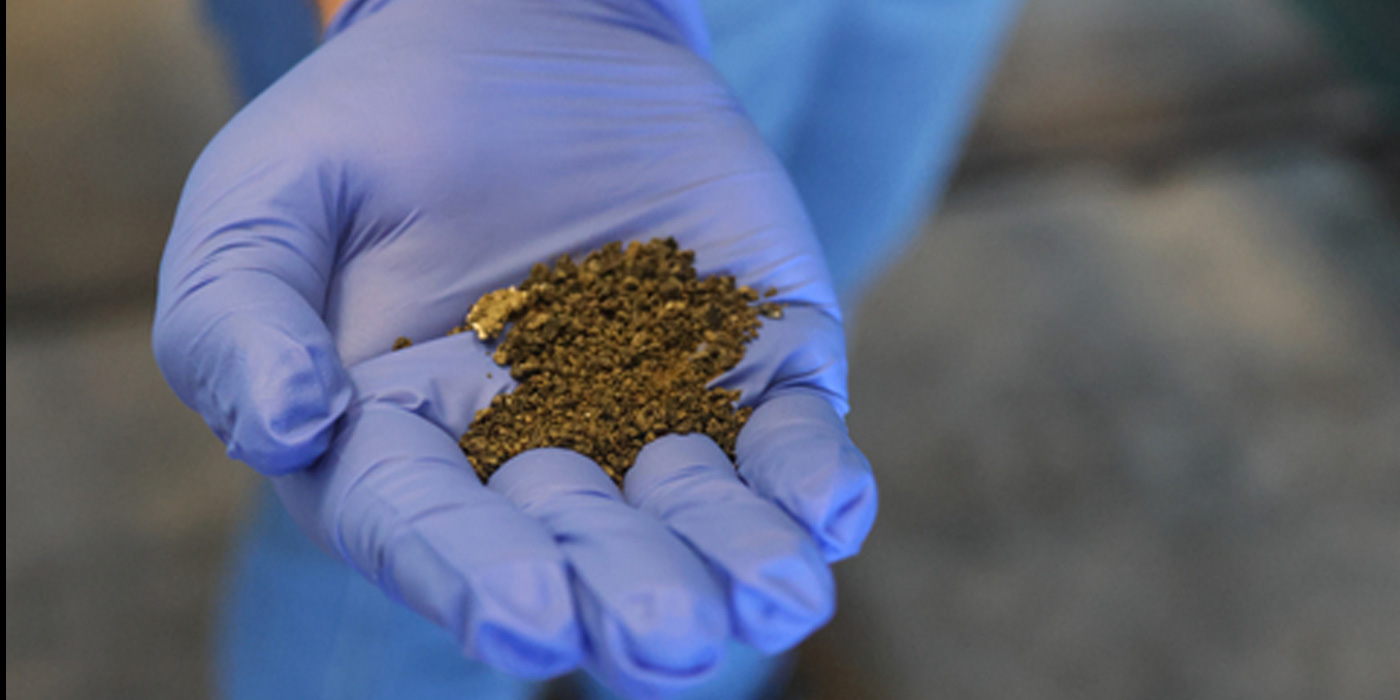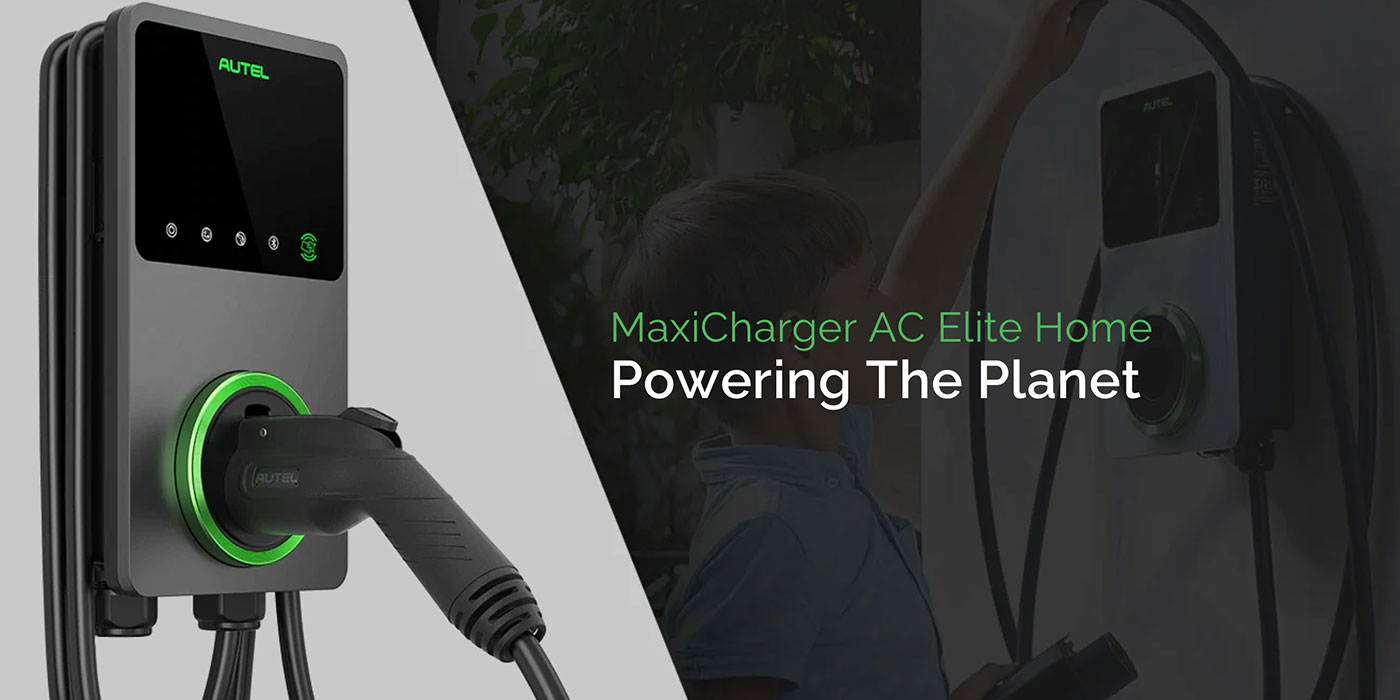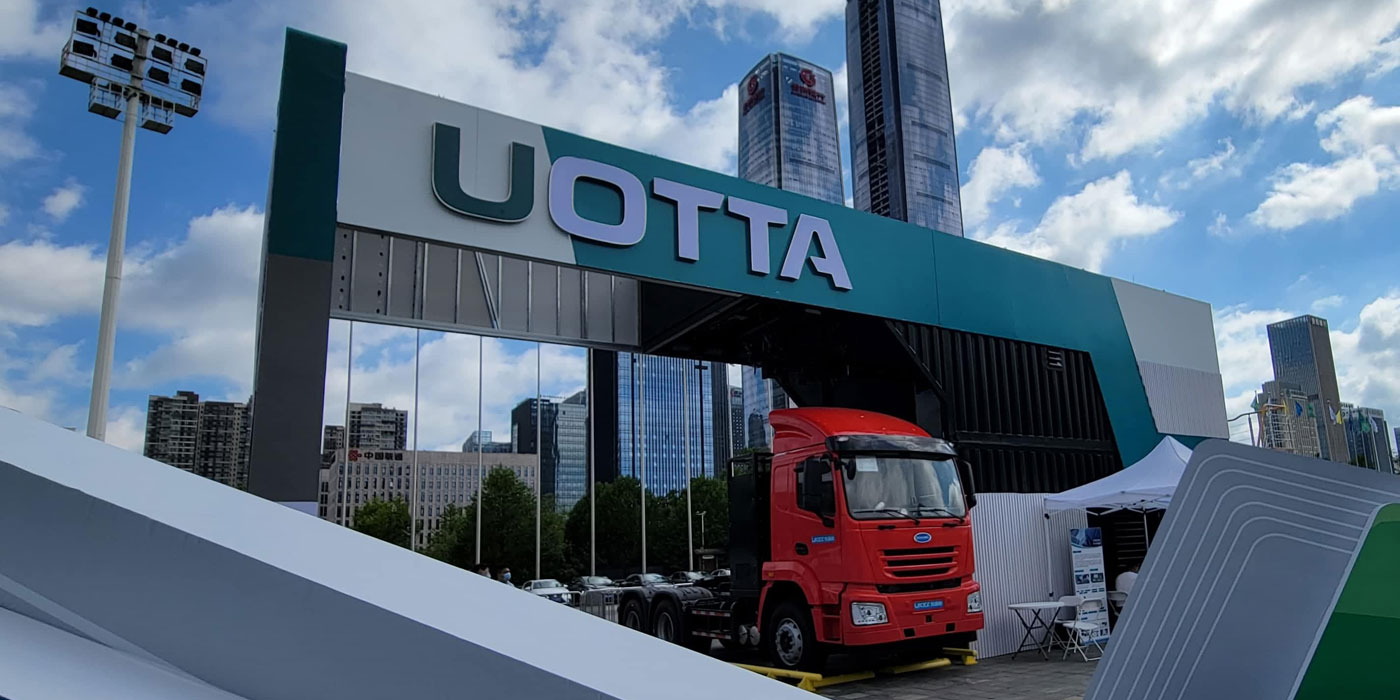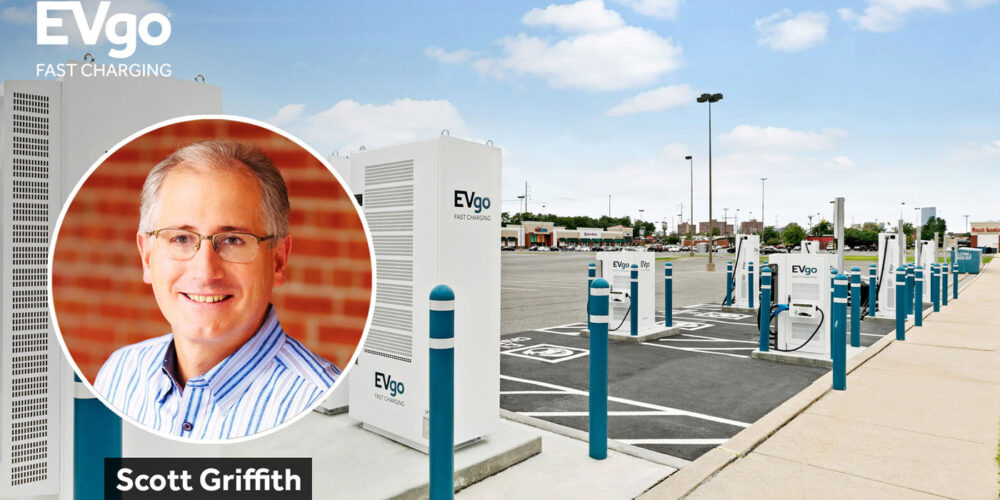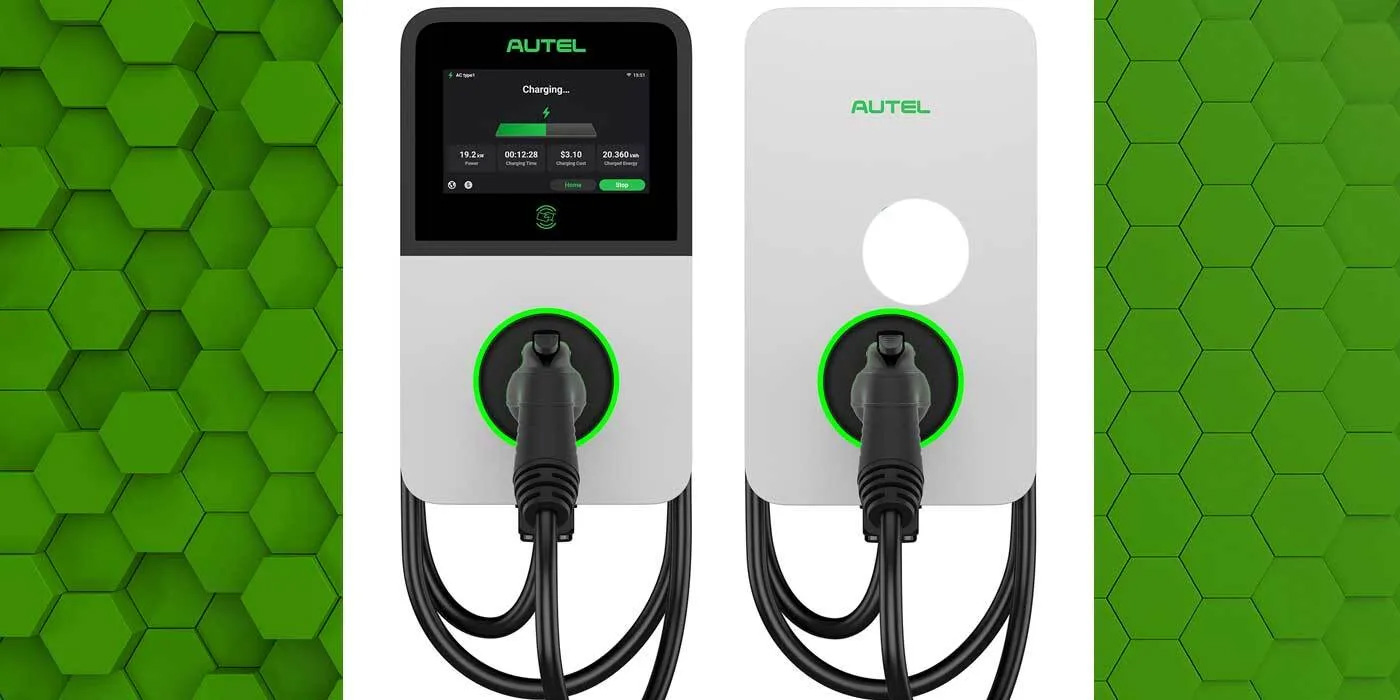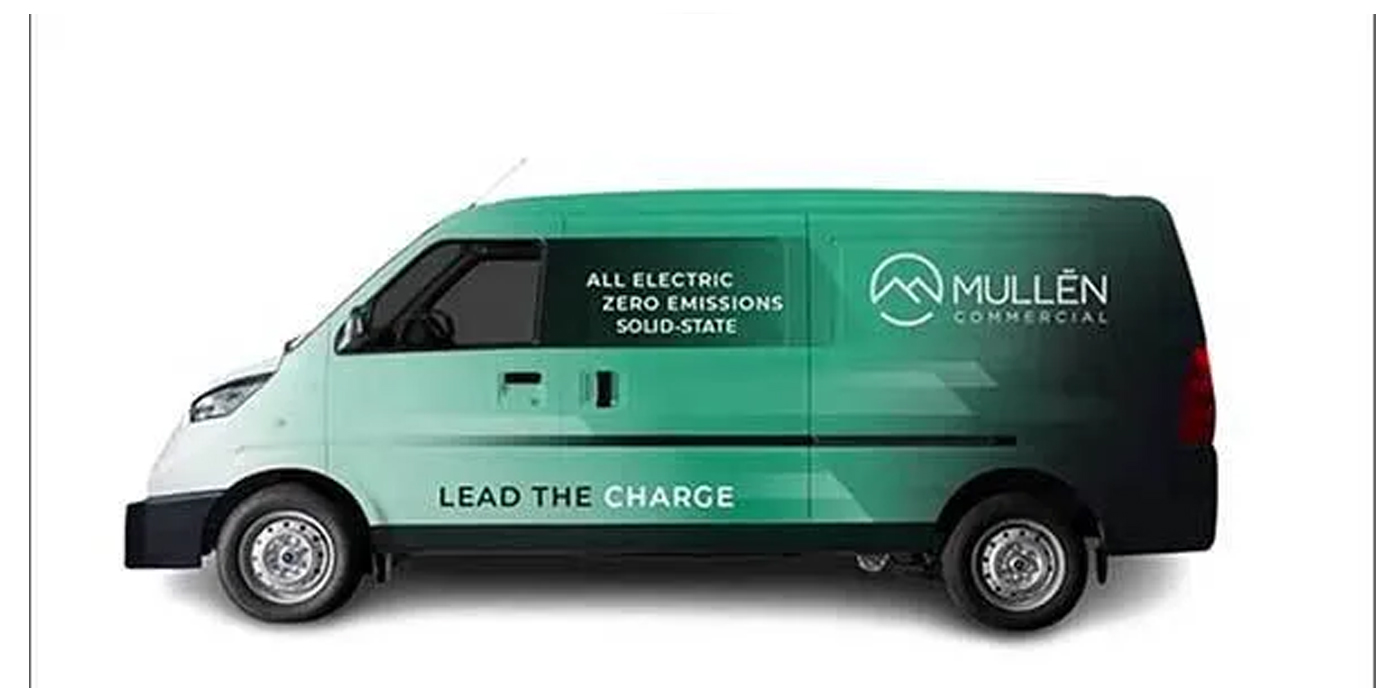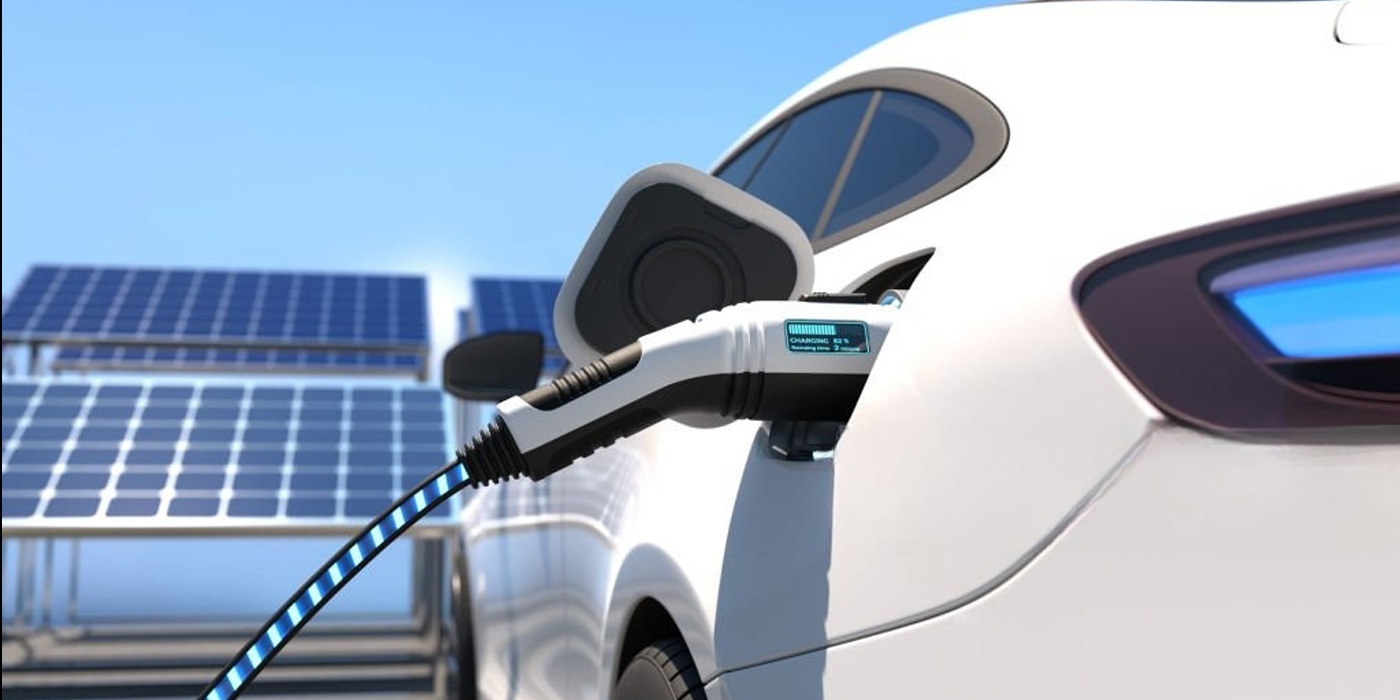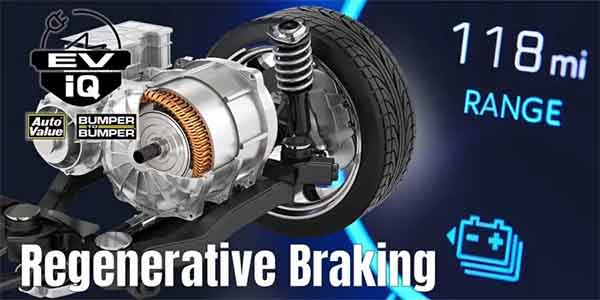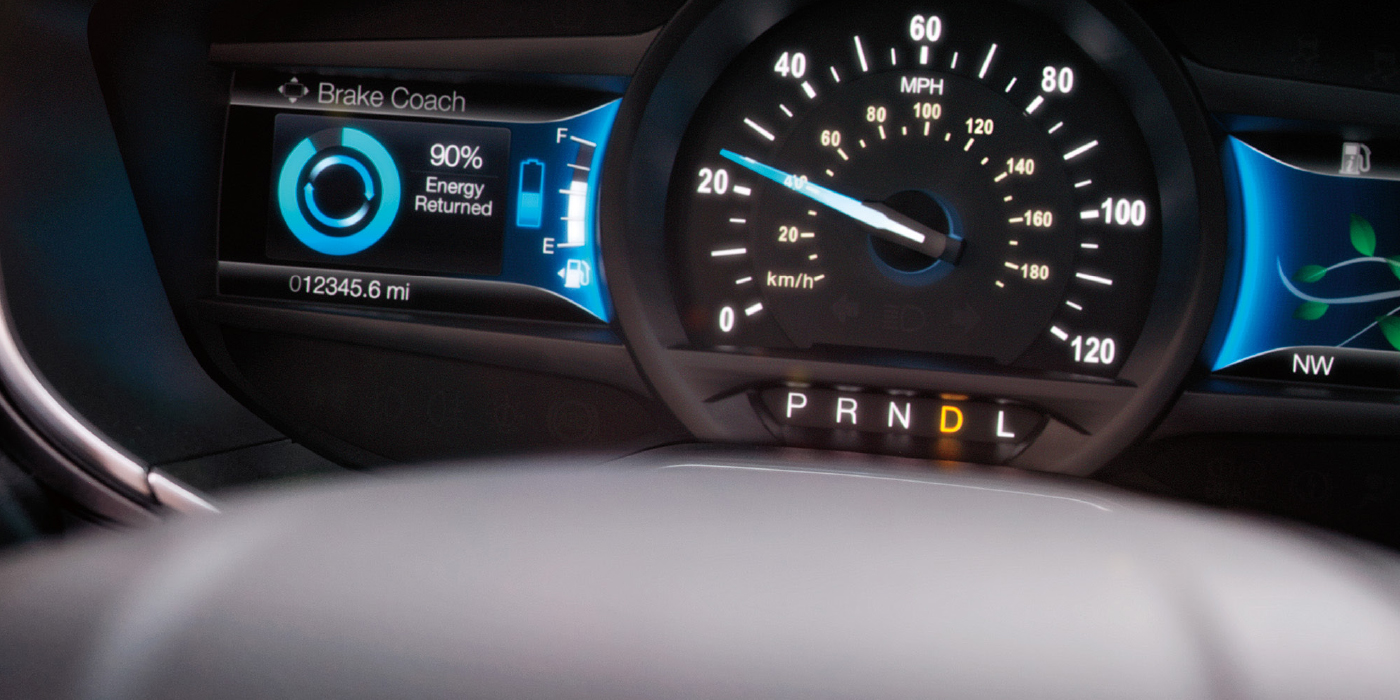Advanced Cell Engineering (ACE), a developer and licensor of lithium-ion technologies for the electric vehicle (EV) market, has opened its new Battery Research and Development Laboratory. The company said the 10,700 square-foot facility is a testament to ACE’s dedication to pushing the boundaries of innovation in energy storage. Outfitted with the latest equipment and staffed by a team of scientists and chemists, this facility will serve as a hub for research, experimentation and the development of ACE’s proprietary LFP and LNFP-based chemistries, materials and cell designs.
“We are thrilled to announce the opening of our expanded battery laboratory,” said John Kaufman, founder and CEO of Advanced Cell Engineering. “This facility represents a significant investment in our commitment to revolutionize energy storage technologies. We aim to accelerate advancements in battery performance and contribute to the global transition towards sustainable and renewable energy sources.”
The laboratory will serve as a collaborative space, fostering partnerships with industry leaders to push the boundaries of innovation in energy storage. By combining expertise and resources, ACE intends to accelerate the pace of battery research and development, ultimately delivering solutions that address the world’s energy challenges, the company said.

